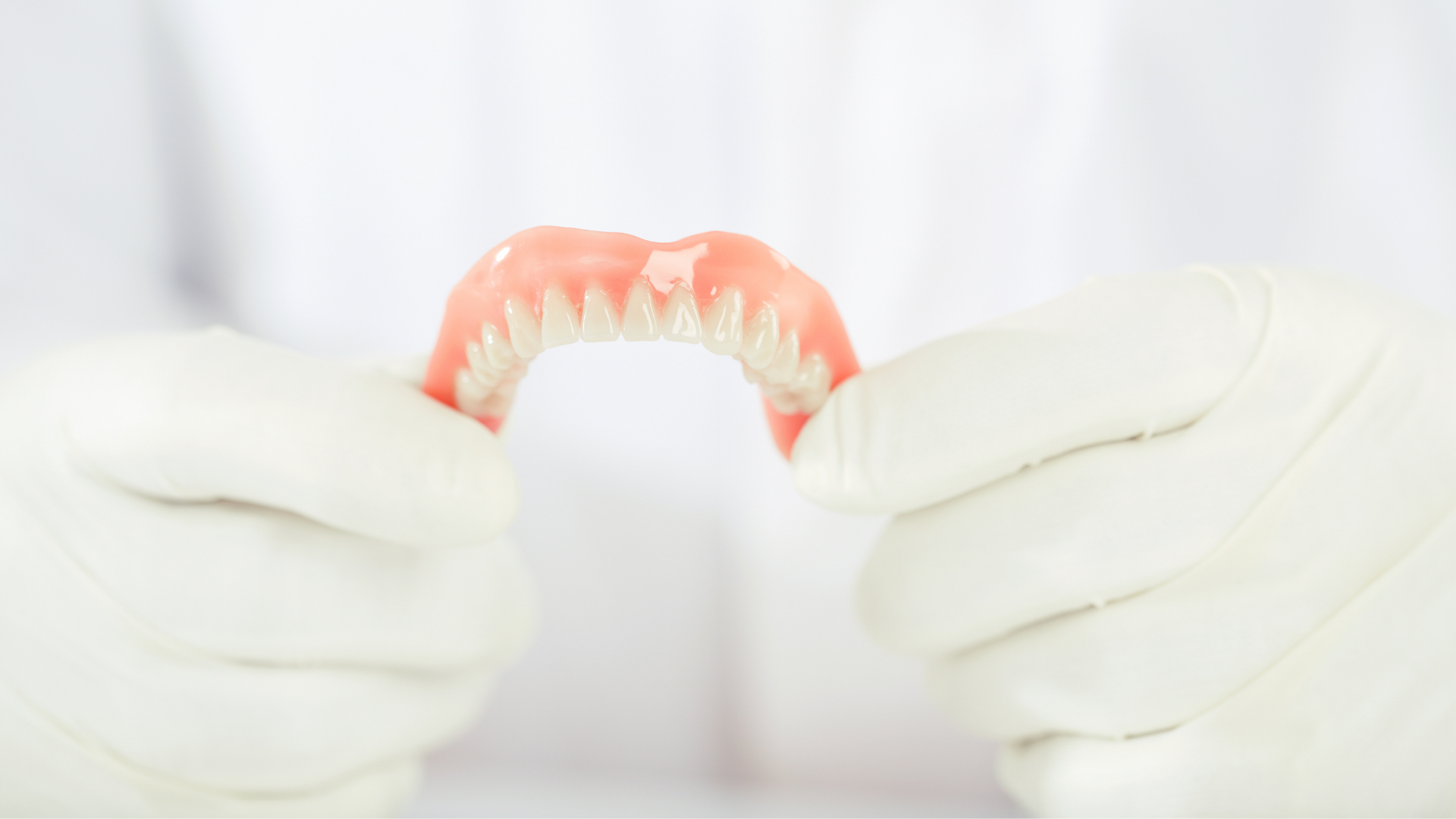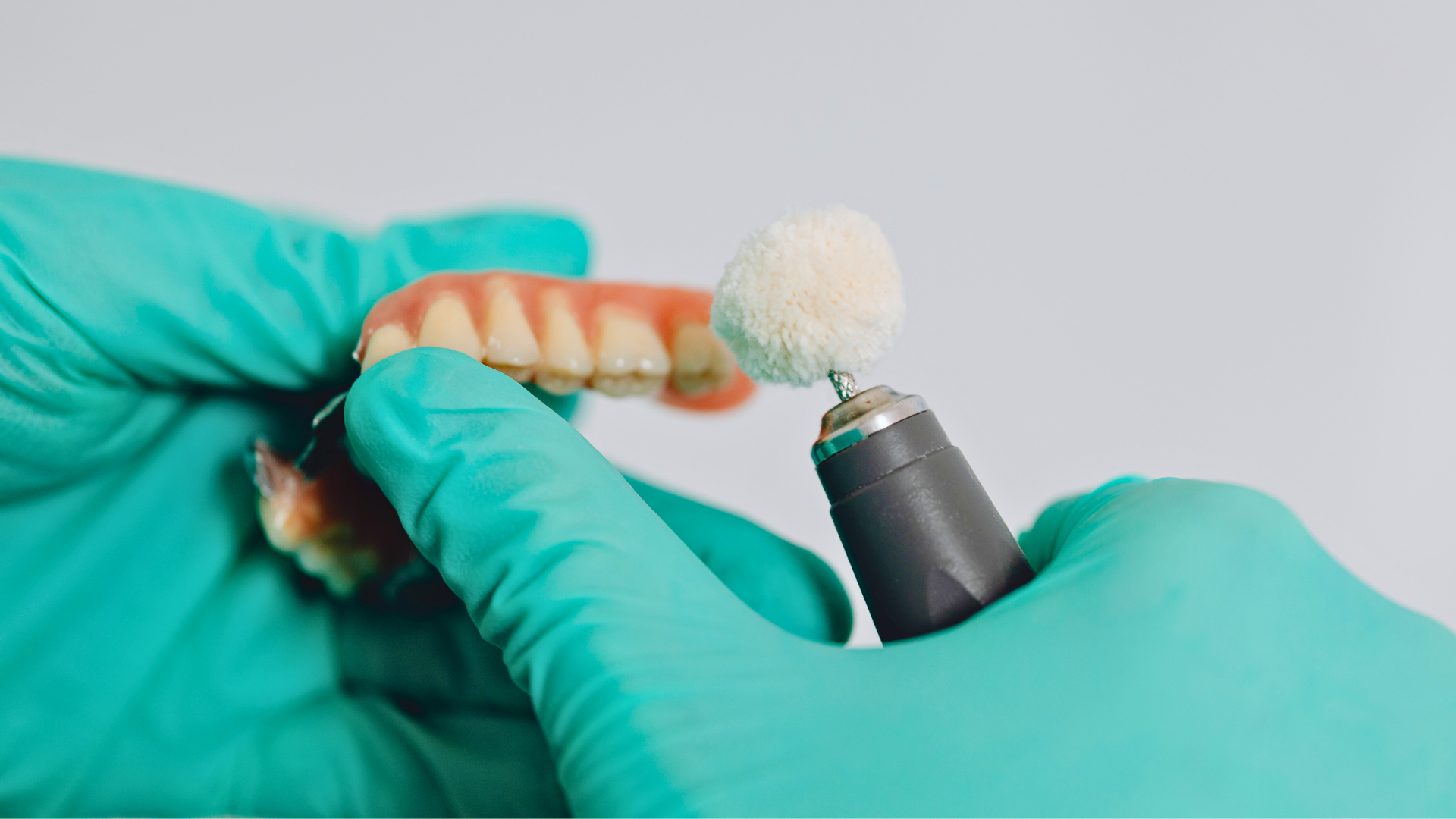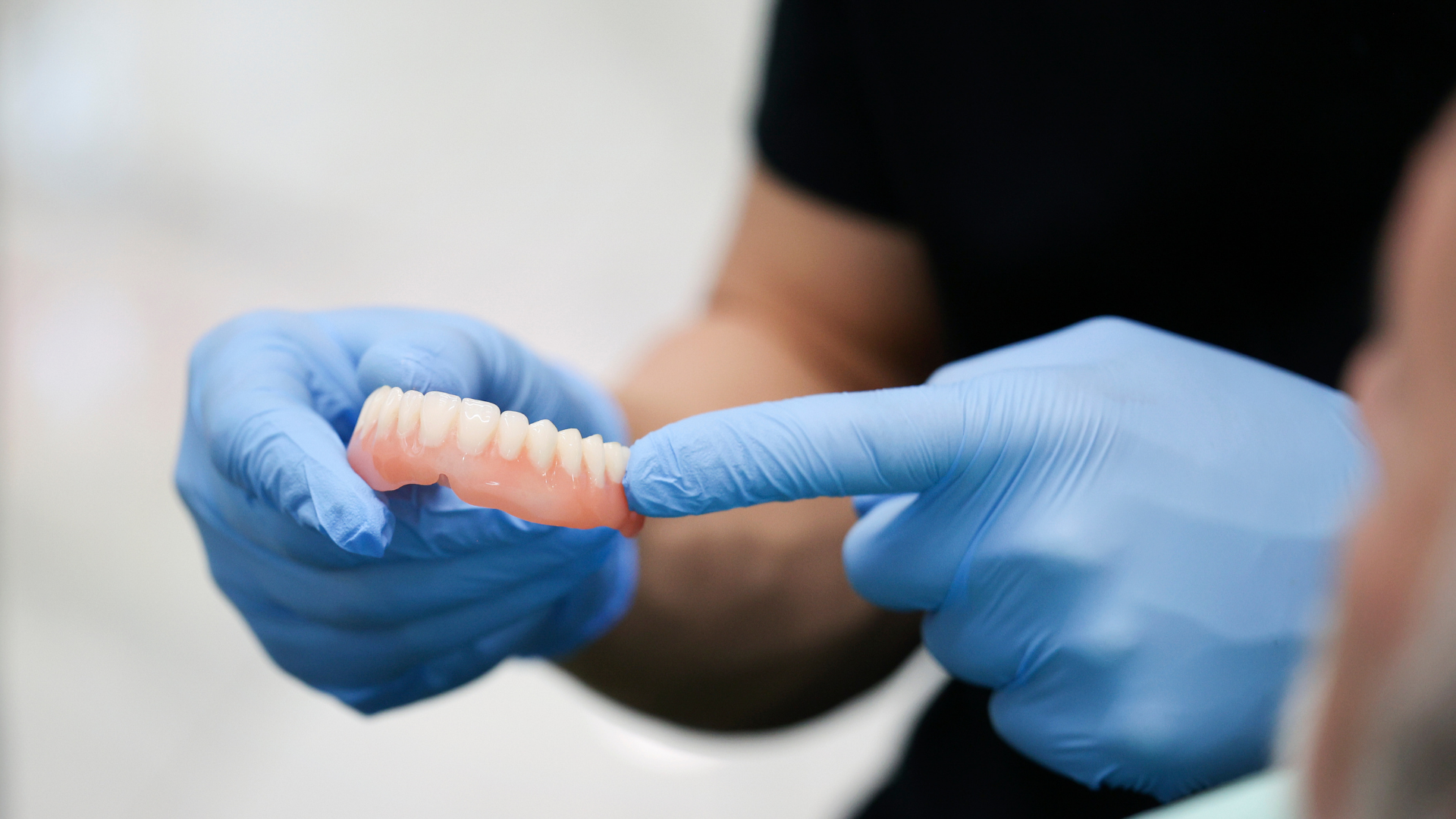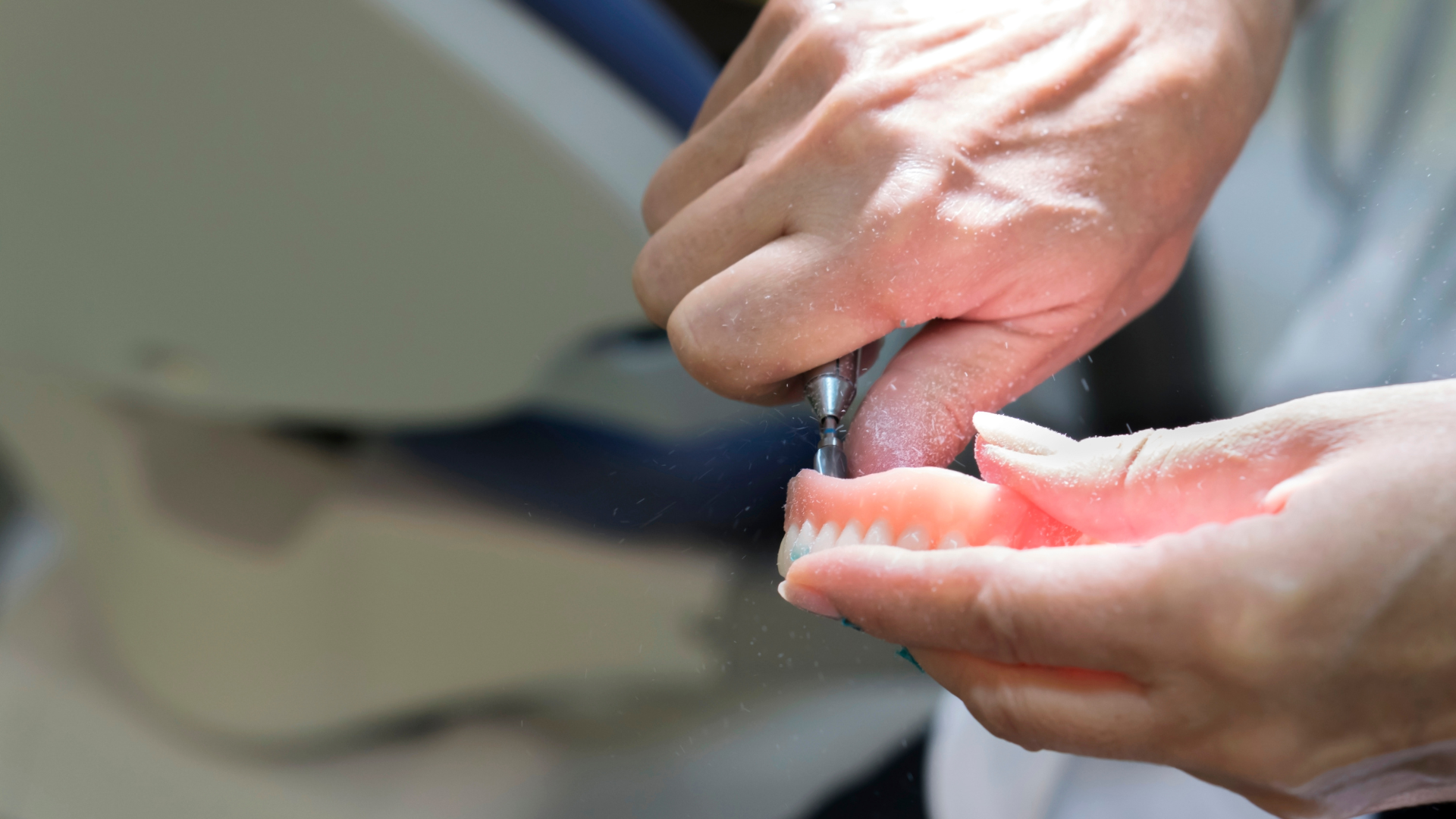Dentures and Facial Changes: What to Expect Over Time
It's a question many patients ask us: "Will dentures change my face?" The answer is yes, but not in the way you might think. Dentures play a crucial role in supporting your facial structure, and understanding their impact over time is key to maintaining a natural, youthful appearance.
The Role of Teeth and Bone Loss
When we have a full set of natural teeth, they provide a framework that supports our cheeks and lips. More importantly, the roots of our teeth stimulate the jawbone. This stimulation is essential for maintaining bone density. When teeth are lost, this stimulation ceases, and the jawbone begins to resorb, or shrink. This process is called bone atrophy, and it's the primary cause of facial changes after tooth loss.
As the jawbone shrinks, it can lead to several noticeable changes in your facial appearance:
- Sunken Cheeks and Lips: The lack of support from the underlying bone can cause your cheeks and lips to appear sunken.
- Protruding Chin: The jawbone's recession can make your chin look more prominent or pointed.
- Wrinkles: Lines and wrinkles may form around the mouth and lower face, often referred to as a "pin-cushion" appearance.
- Changes to Facial Height: The distance between your nose and chin can decrease, giving your face a compressed or older look.
How Dentures Help
Dentures are designed to fill the spaces left by missing teeth and provide the necessary support for your facial muscles. By doing this, they can restore a more natural and youthful look. However, it's important to understand that dentures, particularly conventional ones, do not stop the underlying bone atrophy. While they act as a fantastic cosmetic and functional solution, the jawbone will continue to resorb over time.
This gradual bone loss means your dentures, which were once a perfect fit, will eventually become loose. You might notice them slipping, clicking, or causing sore spots. This is a sign that your dentures no longer fit the changing shape of your mouth.
The Importance of Regular Relines and Adjustments
To combat these changes and maintain a proper fit, relining your dentures is essential. A denture reline involves adding a new layer of acrylic to the inside of the denture to refit it to the new contours of your gums. Regular adjustments and relines ensure your dentures remain comfortable and effective at supporting your facial structure.
If the bone loss is significant, a new set of dentures may be necessary to restore optimal fit and appearance. Our denturists at Sullivan Denture Centre are experts at evaluating your jaw and facial structure to ensure your dentures are always providing the best possible support.
The Ultimate Solution: Implant-Supported Dentures
For those who want to prevent further bone loss,
implant-supported dentures are the most effective solution. Dental implants are small titanium posts surgically placed into the jawbone. These implants act like artificial tooth roots, providing the stimulation necessary to preserve bone density.
By anchoring dentures to implants, you not only gain superior stability and chewing power but also address the root cause of facial changes by stopping or significantly slowing down bone atrophy.
At Sullivan Denture Centre in Surrey, British Columbia, we are dedicated to helping you achieve and maintain a healthy, natural-looking smile. Whether you need new conventional dentures, a reline, or want to explore the benefits of implant-supported dentures, our team is here to guide you.











